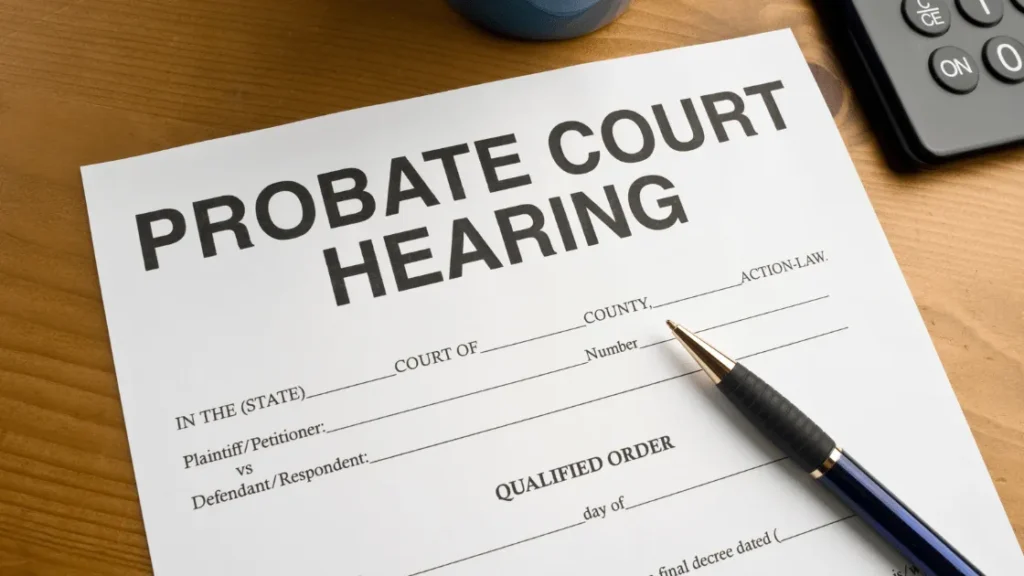Estate planning, particularly in the context of Texas, is a crucial and comprehensive process that involves carefully organizing your assets, property, and financial affairs to guarantee that your specific wishes are honored upon your passing and in the event of any potential incapacity. Like many states in the United States, Texas has its unique legal and regulatory framework that affects how estate planning is carried out.
In Texas, the foundation of estate planning often begins with the creation of a Last Will and Testament. This legal document outlines how you want your assets to be distributed among your beneficiaries after your death. It allows you to name an executor who will be responsible for managing your estate, paying debts, and ensuring your wishes are fulfilled. If you pass away without a will in Texas, the state’s intestacy laws will determine how your assets are distributed, which may not align with your preferences.
Additionally, Powers of Attorney plays a critical role in estate planning. These documents designate individuals to make financial or healthcare decisions on your behalf if you cannot do so. In Texas, you can create both a Durable Power of Attorney for financial matters and a Medical Power of Attorney to specify your preferences regarding medical treatment and healthcare decisions. Furthermore, estate planning in Texas extends beyond asset distribution and decision-making. It may involve strategies to minimize estate taxes, especially for larger estates. Texas does not impose a state-level estate tax, but federal estate tax laws still apply.

Navigating Texas Probate: Steps, Requirements & Timeline
Probate in Texas is a legal process that occurs after someone passes away. It involves the court-supervised distribution of the deceased person’s assets and the settlement of their debts. Here are some key aspects of probate in Texas:
Initiating Probate:
Probate proceedings typically begin when someone files a petition with the appropriate Texas court, usually in the county where the deceased person lived. This person may be the executor named in the deceased’s will or an interested party if there is no will (intestate).
Validating the Will:
If there is a will, the court will examine its validity. This involves ensuring that the will was executed correctly, that the deceased person had the mental capacity to make it, and that there was no undue influence.
Appointment of Executor:
If the deceased had a will, the court will officially appoint the executor named in the will, granting them the legal authority to manage the estate’s affairs. In the absence of a will, the court will appoint an administrator.
Inventory and Appraisal:
The executor or administrator is responsible for creating an inventory of the deceased person’s assets and appraising them. This provides a clear picture of the estate’s value.
Notice to Creditors:
Notice must be given to the deceased person’s creditors so they can file claims against the estate. Texas has specific rules and timelines for this process.
Paying Debts and Taxes:
The estate pays its debts from its assets, including funeral expenses, outstanding bills, and taxes. Texas does not have a state estate tax, but federal estate tax laws may apply to larger estates.
Asset Distribution:
After debts and taxes are settled, the remaining assets are distributed to the beneficiaries according to the terms of the will or intestate succession laws if there is no will.
Closing Probate:
After completing all the necessary steps, the court approves the final distribution of assets and closes the probate case.
It’s important to note that not all assets go through probate in Texas. Assets with designated beneficiaries, joint tenancy property, and assets held in trusts typically pass outside of probate. Probate in Texas is a complex and time-consuming process. Many recommend seeking legal counsel or the assistance of a qualified attorney, especially for sizeable estates or when there are disputes among beneficiaries or creditors. Proper estate planning, including using trusts, can also help streamline the probate process and reduce its associated costs and delays.
Estate Planning and Probate In Texas: Key Considerations
Individuals should know several key considerations to manage their assets and ensure their wishes are fulfilled effectively when they plan their estate and navigate probate in Texas. Here are some crucial points to keep in mind:
Importance of Estate Planning:
- Wills and Trusts: Creating a comprehensive estate plan in Texas often begins with drafting a will. Wills allow you to specify how you want your assets distributed after your death. Additionally, setting up trusts, such as revocable living trusts, can help avoid probate and provide more control over asset distribution.
- Powers of Attorney: Designating powers of attorney for financial and healthcare matters is essential. These documents ensure that trusted individuals can decide if you become incapacitated.
Texas Probate Process:
- Executor or Administrator: If you pass away with a will, the executor you designate will manage your estate during the probate process. If there’s no will, the court will appoint an administrator.
- Notice to Creditors: Texas law requires giving creditors notice to file claims against the estate. This is a critical step in settling outstanding debts.
- Estate Taxes: While Texas doesn’t impose a state estate tax, federal estate tax laws may apply to larger estates. Proper planning can help minimize potential estate tax liabilities.
Non-Probate Assets:
- Not all assets go through probate. Life insurance policies, retirement accounts with named beneficiaries, jointly held property, and assets in trusts typically pass directly to beneficiaries outside of probate.
Homestead Exemption:
- Texas has a strong homestead exemption that protects a portion of the value of a primary residence from creditors and certain estate claims. Understanding this exemption can be vital in estate planning.
Community Property Laws:
- Texas follows community property laws, so property acquired during marriage becomes community property and specific rules govern its distribution upon death. Understanding these laws is crucial in estate planning.
Guardianship:
- Estate planning can include provisions for appointing guardians for minor children. Documenting your preferences legally ensures peace of mind.

Business Succession:
- As a business owner in Texas, plan how you will transition its ownership and management in your absence. Proper planning can help prevent disruptions to the business.
Updating Your Estate Plan:
- Life circumstances change, so periodically reviewing and updating your estate plan is essential. Major life events such as marriage, divorce, the birth of children, or significant changes in assets should prompt a review of your plan.
Legal Guidance:
- Estate planning and probate can be complex, especially in Texas with specific laws and regulations. Seeking the guidance of an experienced estate planning attorney can help you navigate the process and ensure your plan aligns with state laws and your individual goals.
In summary, estate planning and probate in Texas involve various intricacies and legal nuances. Proper planning can protect your assets, minimize potential tax liabilities, and ensure your loved ones are cared for according to your wishes. Consulting with a legal professional specializing in estate planning is often the best way to create a plan.








